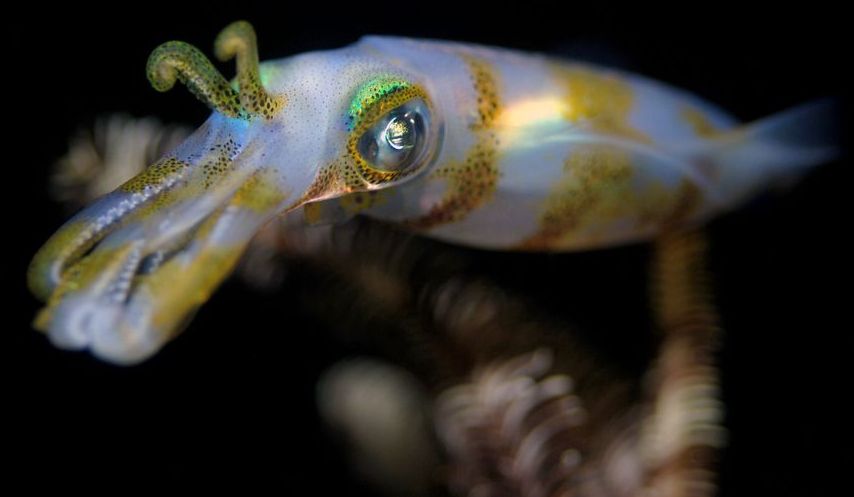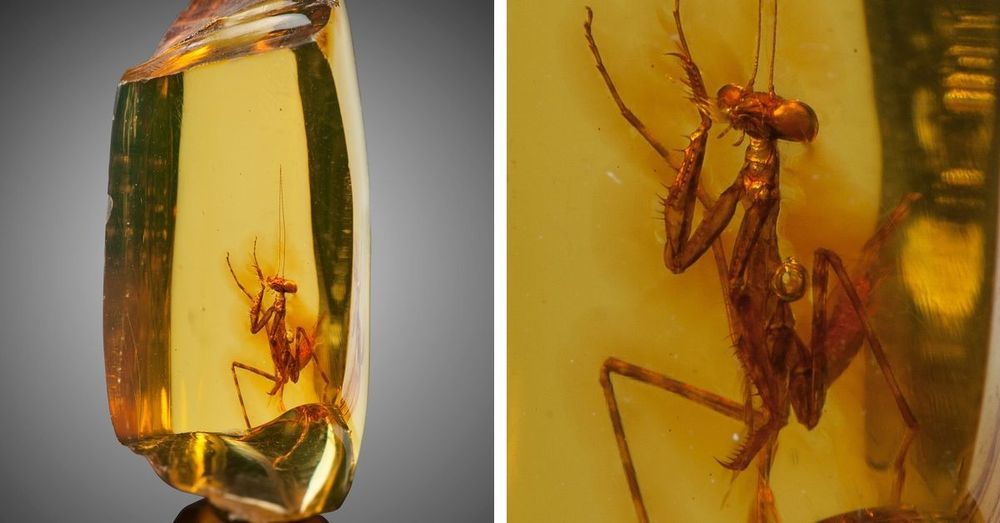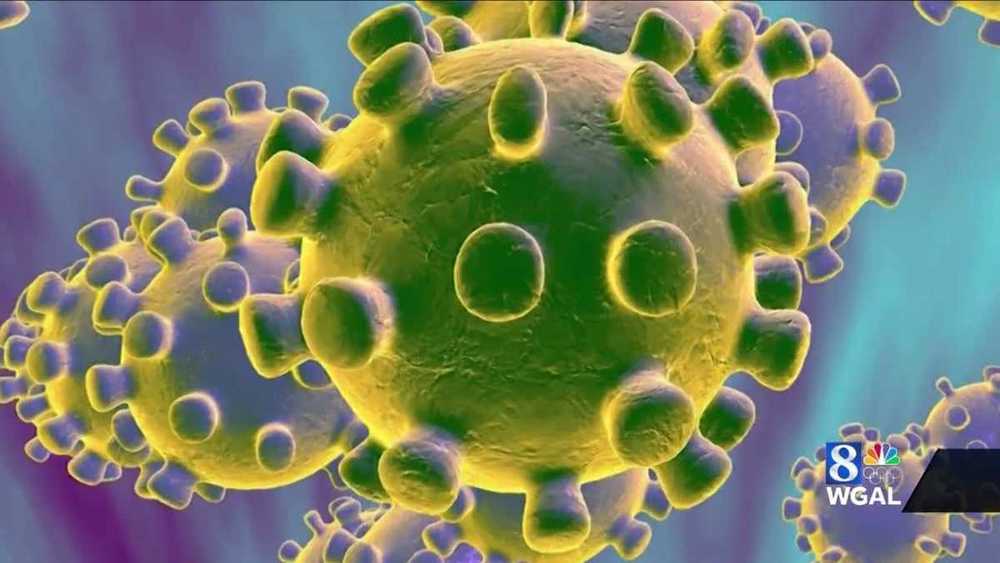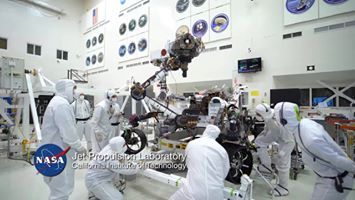
New research led by Wen-Sung Chung and Justin Marshall of the University of Queensland is shedding new light on the complexity of squid brains. Using MRI scanning to examine the brain of the of the reef squid Sepioteuthis lessoniana, the researchers have produced a new map of neural connections that improves our understanding of their behavior.
The cephalopods are widely recognized as the most intelligent of mollusks, but how do they rate when they are competing against something other than clams? Cephalopods show all sorts of complex behavior, like being able to recognize patterns, solve problems, communicate through signals, and camouflage themselves in different textures and colors, despite being colorblind.
“We can see that a lot of neural circuits are dedicated to camouflage and visual communication,” says Chung. “Giving the squid a unique ability to evade predators, hunt and conspecific communicate with dynamic color change.”

















